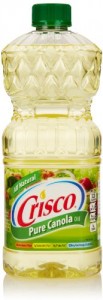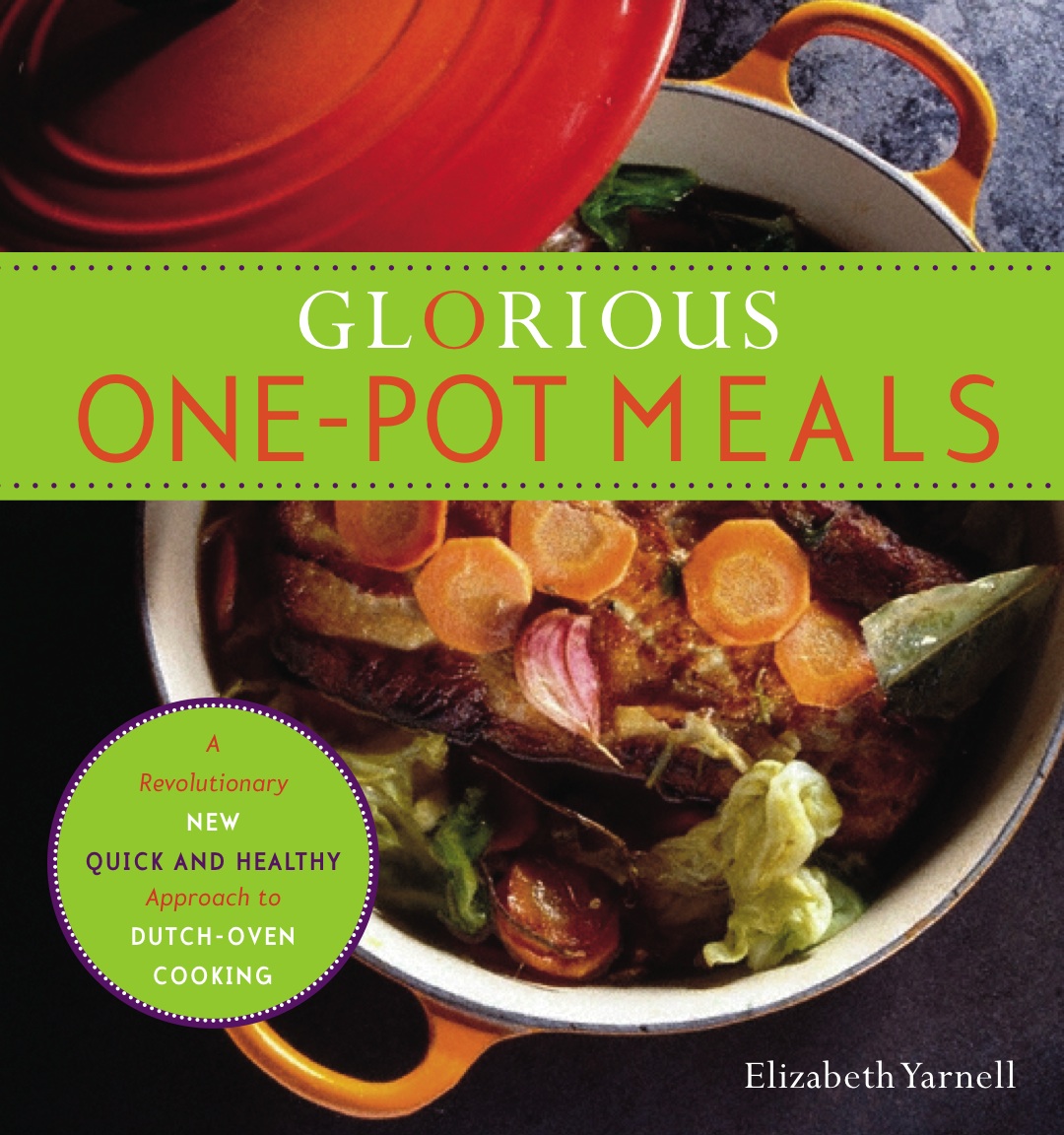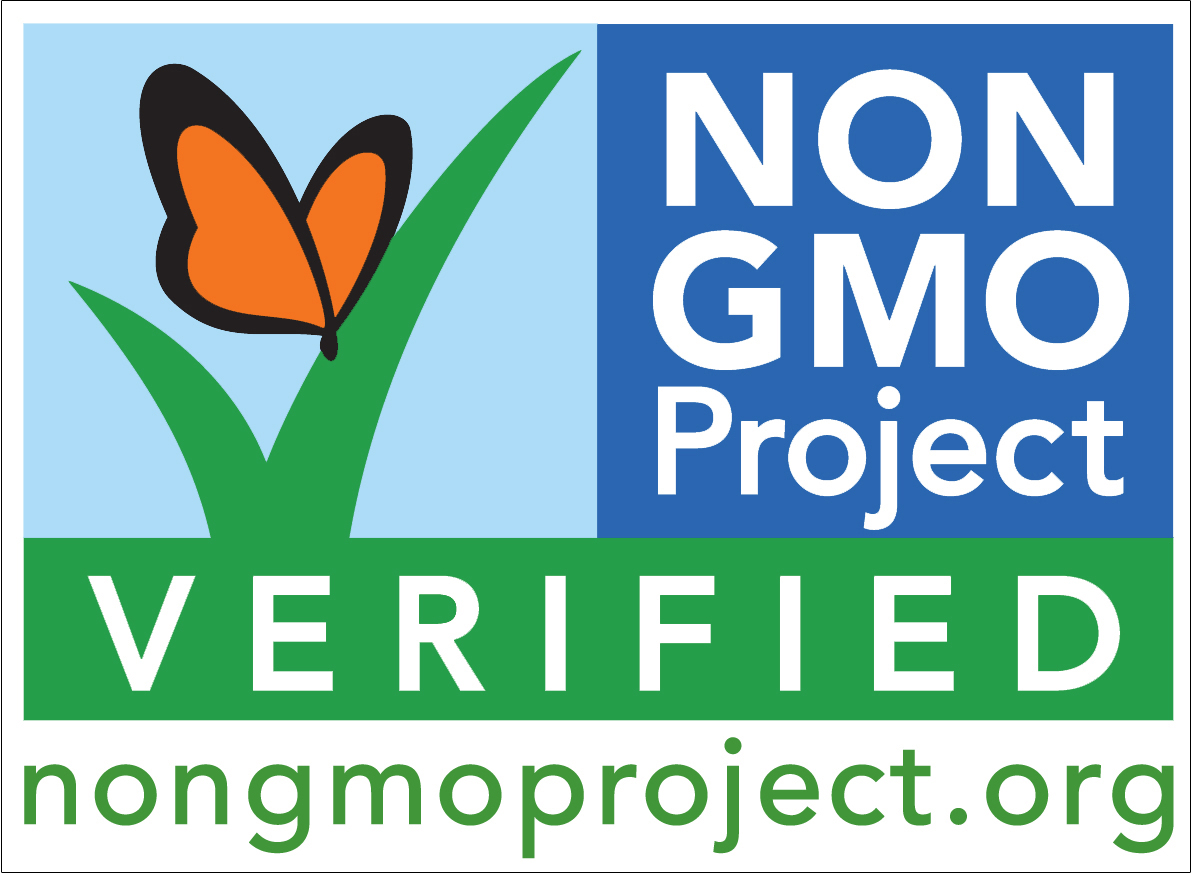If you haven’t seen the movie “Bought” yet, it’s free until March 15th, so click over there and sit back to watch the state of health in our country unfold before your eyes.
The film looks at the connections between pharmaceutical company profits and vaccine safety, between the introduction of certain GMO seeds and the disappearance of the bees, and the infiltration of GMO products into our food supply and disease rates.
These are real problems that have been actively covered up by those with financial interests. I’m so glad that movies like this are being made and watched because, as I’ve said over and over in this space since 2008, you have to be proactive in looking out for your own wellbeing. When it comes down to a choice between safeguarding consumer health or a cheaper ingredient in a food or cosmetic product, too many corporations choose to take the lower road to higher profits.
If you still blindly believe that something is safe just because it’s always been done this way, I invite you to wake up to the first reality: things have changed. Vaccine ingredients and schedules have changed, processed food ingredients have changed from what they originally might have been, and our very food supply has been contaminated without our consent and without labeling.
I could go on and on, but watch the movie “Bought” and you can form your own opinions. It’s free until March 15th and then available to rent for a small fee.




